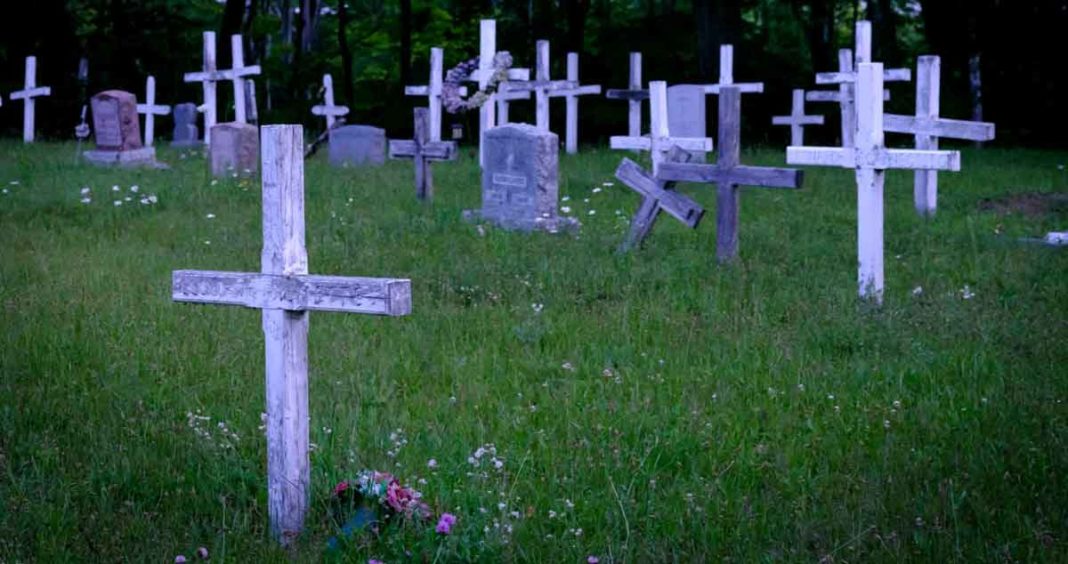SUDBURY—Sudbury’s Réseau ACCESS Network has received funding for its Wellness Navigation Program to help Greater Sudbury, and other communities across Northeastern Ontario, battle the opioid epidemic.
The $514,282 funding will be used to increase street response to the overdose and drug poisoning crisis, said Réseau ACCESS Network Executive Director Heidi Eisenhauer. “Peers will increase awareness and learn ways to keep themselves safer as a response to using an unregulated drug supply, increasing their knowledge about harm reduction, HIV and Hepatitis C testing and treatment, and strategies for navigating the healthcare system is essential to the community’s well-being and to prevent unnecessary deaths.”
Peers will be trained as community workers and will work alongside staff to create culturally safe and stigma-free spaces for community members, which will help remove barriers to accessing care. Partnering and engaging with communities and organizations on Manitoulin Island is part of Réseau ACCESS Network’s peer development program.
Réseau ACCESS Network’s Director of Peer Engagement, Kaela Pelland, told The Expositor the program will focus on the emotional, mental and physical well-being of community workers who are people with living or lived experience in Réseau ACCESS Network’s catchment area that use substances and have intersecting identities (people who are part of the LGBTQ+ community or who identify as First Nations, Metis, Inuit, Black or Asian, for example).
“Generally speaking,” Ms. Pelland said, “these are folks who fall through the cracks in a lot of programming and supports.”
“What has really been identified by the community is there’s funding that goes into managing someone’s addiction or substance use, as if that is the sole cause of a person’s struggles,” she added. “That’s not the case.”
Housing insecurity, food insecurity, and lack of community have been identified as issues, Ms. Pelland said. The Wellness Navigation Program is trying to foster a sense of community for these people who have been ‘othered’ by society. The different initiatives, workshops for example, that will be starting in the new year were developed by advisory networks made up of people with living or lived experiencer of substance use.
“It’s really exciting to be able to foster that community and then see what comes out of it,” Ms. Pelland said.
Réseau ACCESS Network staff have participated in several events hosted on Manitoulin Island. “There’s so much that we can learn from what has been happening on Manitoulin Island in regards to harm reduction and substance use in general,” Ms. Pelland said. “There’s a lot of peer development that has happened on the Island that’s we’re interested in learning from and being a part of.”
Branching out beyond the downtown core of Sudbury is a way to reduce barriers to accessing care within Réseau ACCESS Network’s catchment area, which goes all the way to Chapleau. “It’s the smaller communities that tend to have the least amount of funding and the least amount of spaces to have a community so we’re really trying to navigate the best way to connect with folks,” said Ms. Pelland. “That’s the most important thing. We want to put our resources where they will be utilized and engaging with people with living and lived experience with substance use is going to be the way that we get the information to move forward. We really try to not do anything without being advised by the people that we are working with.”
“At the end of the day, Reseau ACCESS was granted the funding for this program; however, to fully get the benefits out of it we need to be able to share that,” she said. “We need to be able to expand that. That’s only going to happen if we bring these services out to places like Wiikwemkoong and to M’Chigeeng and to Chapleau and to Sheguiandah; these are all communities we have gone to in the past little while.”
People use drugs everywhere and are at risk of drug poisoning everywhere, she pointed out.
“From what I’ve seen in my career in the last 10 years, I’ve seen the best come out of people when they are in safe spaces, when safe spaces are created for people. I think once we stop trying to force people who use drugs to fit in these boxes and once we create spaces that are made by people who use drugs, we really start seeing these amazing skills and this amazing sense of belong and connection that is formed when we create these safe spaces.”
Moving forward, Réseau ACCESS Network will be fostering culturally safe spaces and using the funding to open up more access to cultural services. “Our role is not to perform the services ourselves, but to create these spaces and to provide that support for these connections to happen,” said Ms. Pelland. “Being able to offer those spaces and then to create training and let people with lived experience be a part of that is definitely a huge thing.”
Dates for workshops and other initiatives will be set in the new year.





